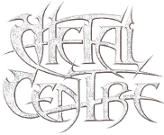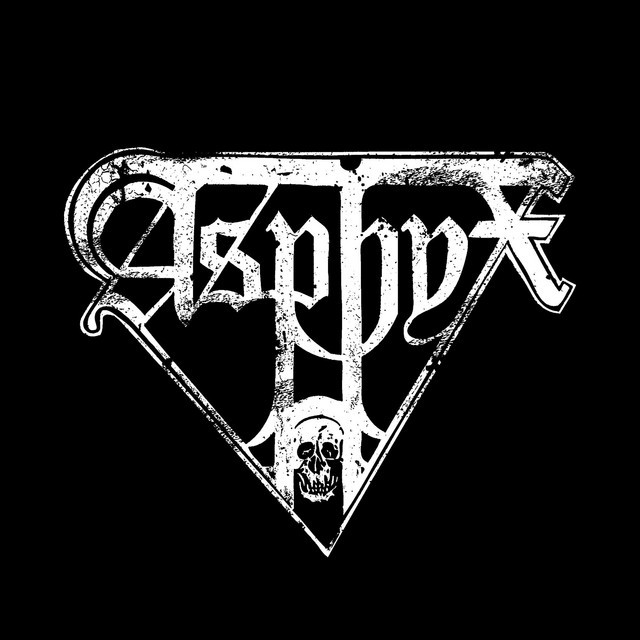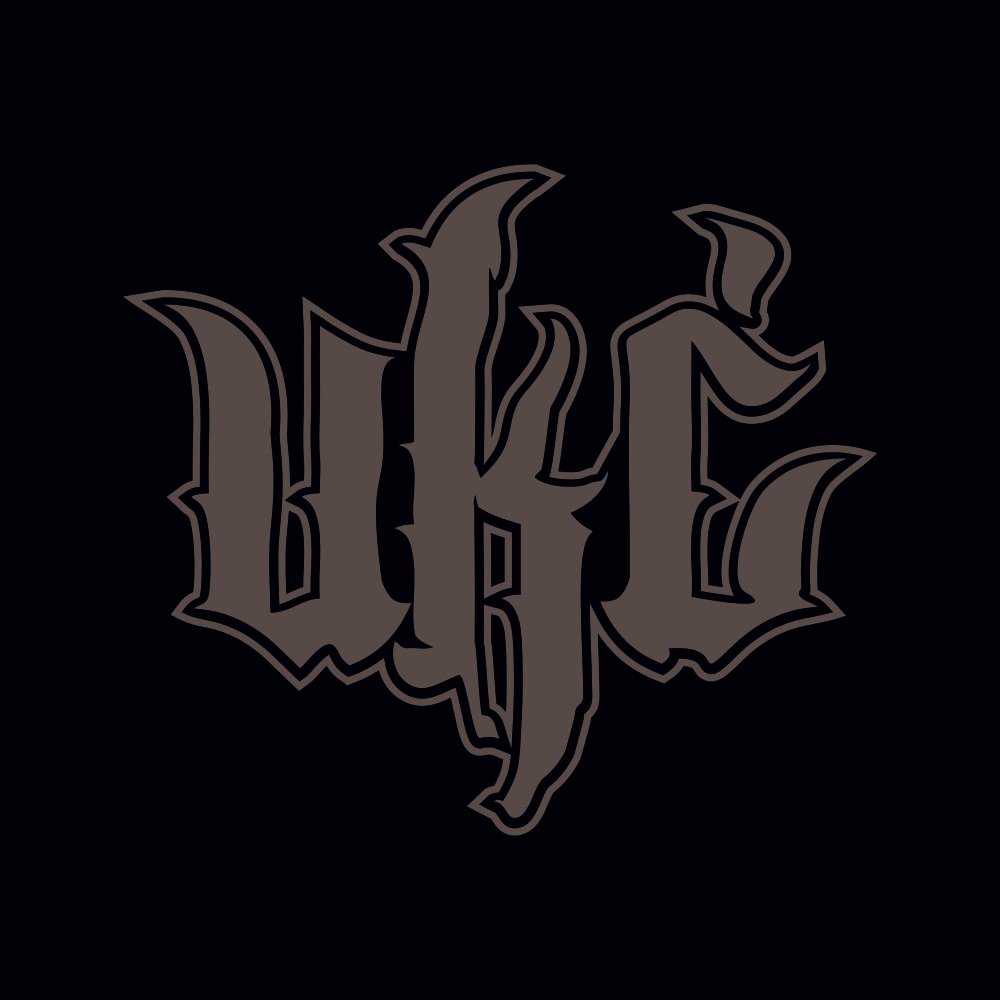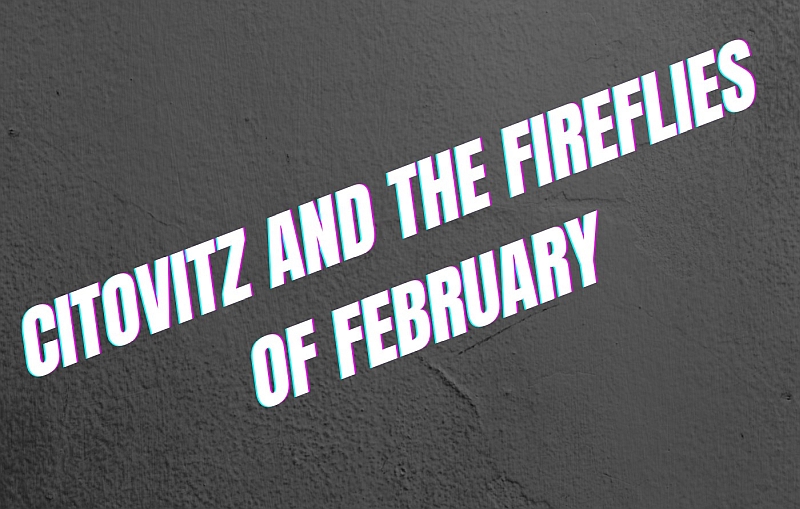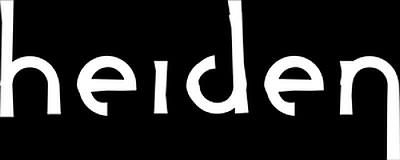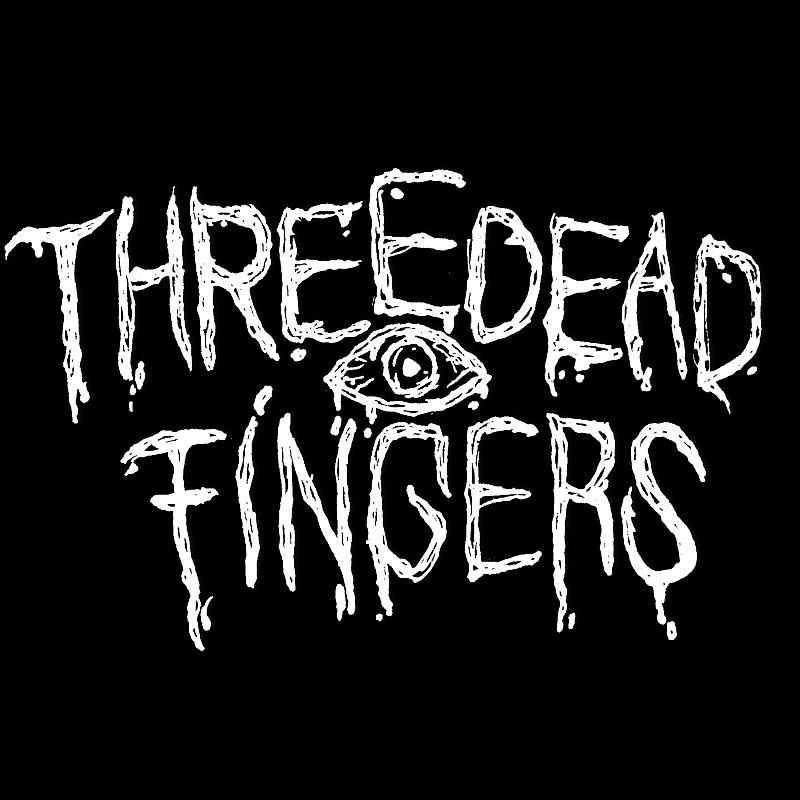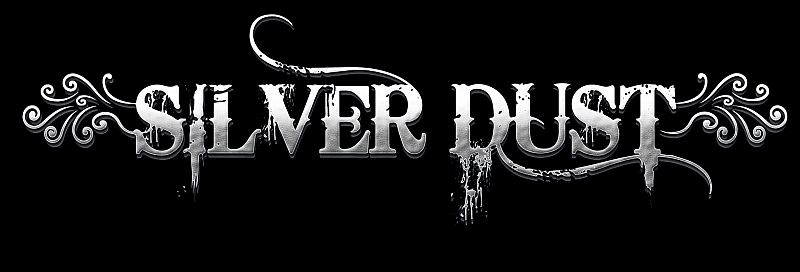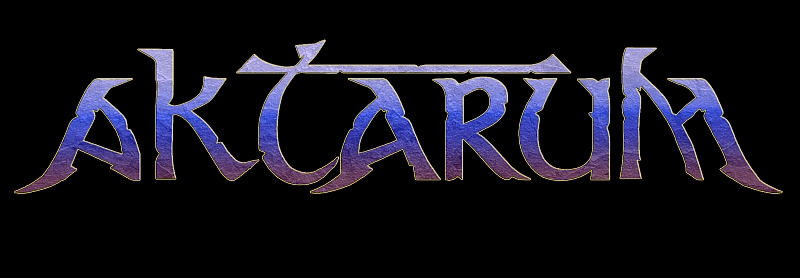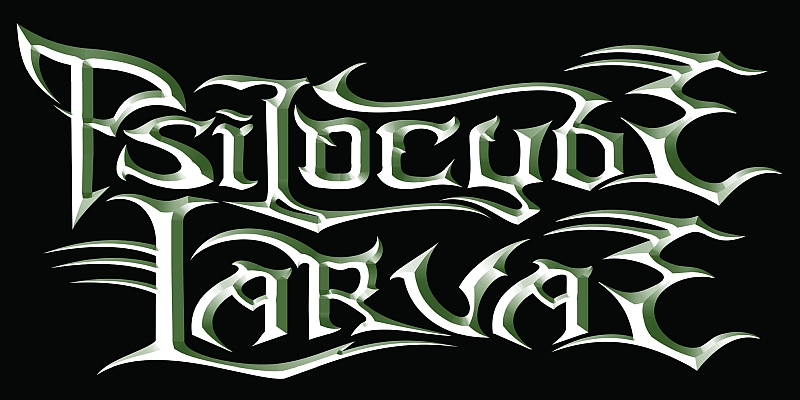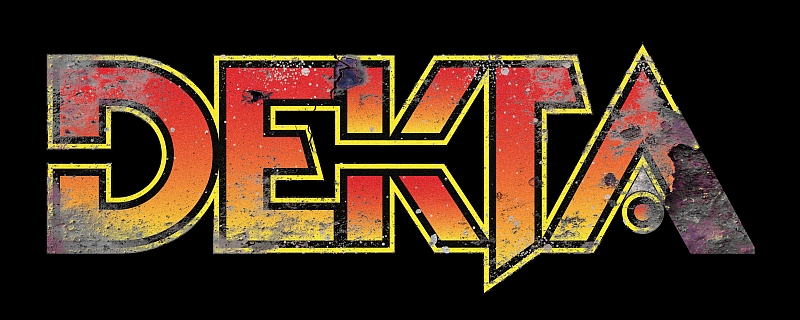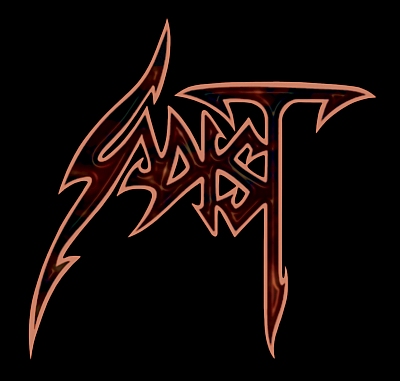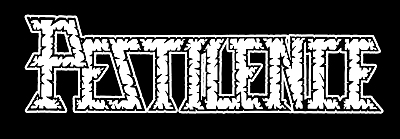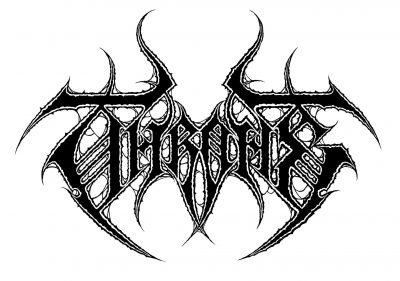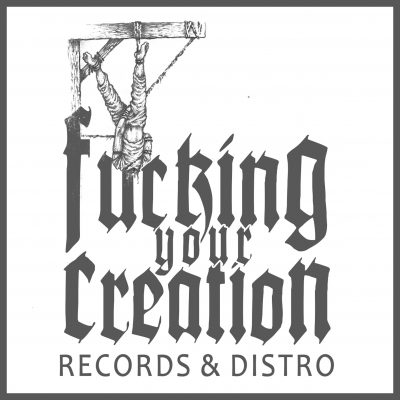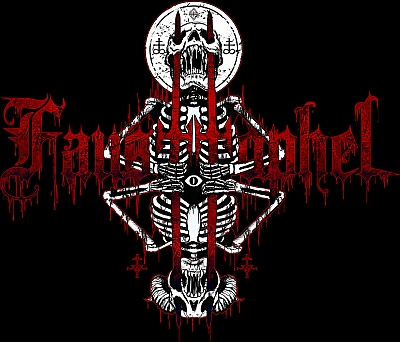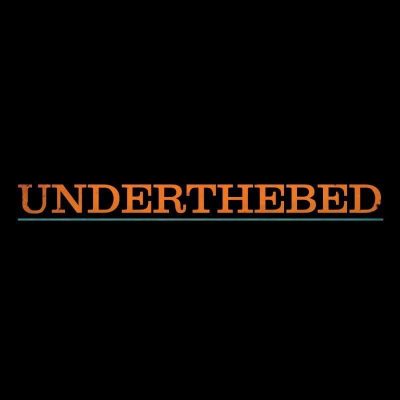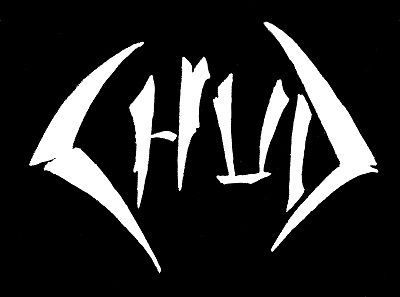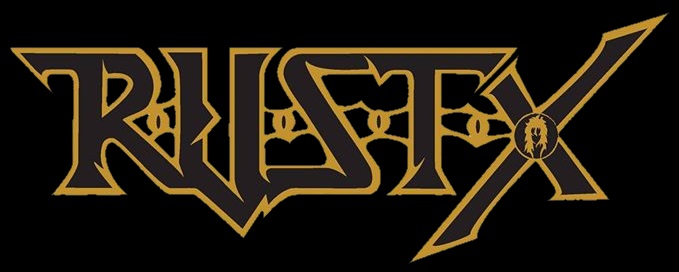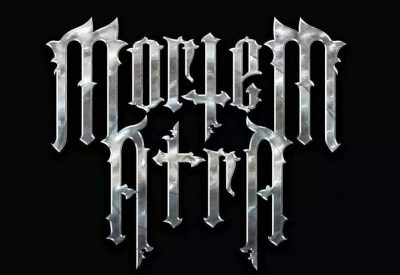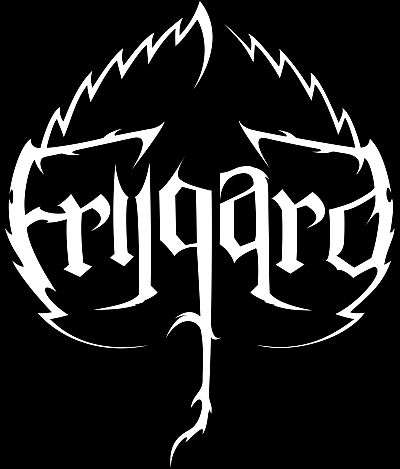NACHTMYSTIUM has become America's answer to the Scandinavian monopoly on black metal talent. Since their inception in 2000, the group has become one of the more talked about black metal groups in the United States. Starting as a cold, psychotic black metal group that released albums through respected underground labels such as Regimental, Autopsy Kitchen and Total Holocaust, NACHTMYSTIUM has transitioned into more psychedelic/progressive spheres. The full weight of NACHTMYSTIUMs growing cult status hit band founder, Blake Judd when he released Instinct: Decay, which sold over ten thousand copies through release of his own label, Battle Kommand Records.
Since the release of Instinct: Decay, Blake and his mates have continued on their journey into tracer-inducing havoc. The Worldfall EP and Assassins: Black Meddle Pt I, both released in 2008, show the group stepping further into experimental territories. Covers of the post punk/folk outfit DEATH IN JUNE and gritty desert rockers GOATSNAKE on the Worldfall EP revealed the groups assorted taste in music.
Later into the year, NACHTMYSTIUM related even more personalities with Assassins: Black Meddle Pt. I. This album featured a wider range of vocals, acid-dropping noise, moog and even saxophone. Acclaimed death/black metal drummer, Tony Laureno (ex-DIMMU BORGIR, ANGEL CORPSE, NILE) commanded the drum kit, resulting in the fastest NACHTMYSTIUM recording yet.
Before the leap to Century Media, NACHTYMYSTIUM undertook a number of high-profile tours with satanic agents such as GOATWHORE, WATAIN and ANGELCORPSE. With the diversification of their music came tours with a wider range of groups. Over the past year, the group has toured with BORIS and TORCHE, made an appearance at this years Norways Hole In The Sky Fest, and made a brief showing with OPETH before prematurely returning home.
Currently, NACHTMYSTIUM is touring the States with earth-worshipping black metallers, WOLVES IN THE THRONE ROOM. Metal Centre caught up with guitarist/vocalist Blake Judd before the group took the stage in Austin.
[icenter:Nachtmystium_logo.JPG]
Please tell our readers about signing to Century Media.
It was a strategic decision for us to sign to a label. I had a couple of reason why. First, I run Battle Kommand records and Instinct: Decay sold a shit load of copies, for what I was used to. We sold like ten thousand of those. I got really jaded, dude. I was making a shit load of money off my band, and that kind of started to fuck with me. I had no struggle, so I had no reason to write. Also, I started to think: When am I going to make another record? I started to only focus on my business: When is this coming out? When is that coming out? I started to think about releases that I knew would be money makers. I started planning my releases for 2007, and I started to think about when I would make a NACHTMYSTIUM record because I was thinking about financial/business terms. Then all of a sudden I had the thought that I was planning on writing my record for income. We werent sitting around, thinking about whoring my band, it is just a business, so I decided I wanted another label. We started putting the feelers out; SPV, Candlelight, Metal Blade and Century Media all pitched us deals within a week. We just freaked out because we didnt know if anyone would bite. So at that point, we just sort of worked through it. We have a good team of people who work for us, and we found the deal what we wanted. We have a two-record contract. We own all the publishing. It is exclusive to North America. We are on Candlelight on Europe. There is no conflict of territory. A lot of times, if you record does really well here and not so good there, the company will then only focus on that area. With the split-label thing, both labels have to hustle to sell our stuff without worrying what is happening on the other side of the pond. That is where we are coming from. We have to do one more record. I dont know if we will sign with Century, specifically, there are some things about working with them that we really dont like. There are some things that we really do like. Theyve been good to us. They paid to fix our van the yesterday, sixteen thousand dollars. We called them up and told them we had massive break problems. We asked if they could help us out. Two minutes later, it was paid for. They are cool, man. I think they get a bad rap from a lot of people, but just like any business, they are a business and sometimes that doesnt work in favor of the band. But when we signed, I got a really short deal. Im not an idiot, I know how it works. We got that by not taking as much money as they were offering. We didnt need that much money. We only wanted to do two records. We didnt need twenty-five thousand. We just wanted eight thousand. We whittled it down and took the best offer.
[ileft:Nachtmystium01.JPG]
In 2000, you started as a pure, harsh black metal band. Over the years, you have introduced experimental and progressive elements. What led to the change?
I was getting older, getting more into music, and I had more of a desire to do something with it. Black metal is so seclusive. There is such a strict code and style. Everything started to sound the same. I progressed as a musician, so I wanted to do more with it. That is kind of how it started. We started to do the psyche thing on Eulogy IV, and we really liked it, so we kind of ran with it. Since then, we have been continually building on that foundation.
Considering this, do you still perceive your music as black metal?
Not really, I respect black metal enough to know that with it comes a lifestyle and an attitude. Musically, Im pretty strict about what I would call that, its more out of the respect for the genre that I dont refer to what I do. We bring a hippy element into black metal style music, and that is offensive to me. WATAIN is a black metal band. We are borderline psyche metal band. It is still there. I love it, but also there is the mentality of most of it. I think that ninety percent of the people who are into it are losers and degenerates. It is extremely negative. It is like the way MARILYN MANSON attracts twelve-year-old kids, black metal kind of does the same thing. It attracts a lot of outcasts, lonely-lame people. There is nothing more that pisses me off [than] to meet a thirty-five-year-old dude who is walking around all grim and shit. It is just really retarded and childish in most ways. I dont like to surround myself with people like that. We kind of steer far away from shit like that. Take guys like WOLVES IN THE THRONE ROOM, they are taking a whole different fucking angle. In my opinion, the way those dudes livethey make shit and are hippiesthey are the most extreme people I have ever met! Those guys are fucking farmers, dude. They grow carrots and sell them to buy a van. They live off the land in a commune. They are totally, in a lot of ways, disconnected from society. They work for themselves. The day shit hits the fan in this country, people like that are going to survive because they survivalists. They are extreme; they are the real deal. I think things like that are way cooler than dudes sitting around getting all shitty about what they read on message boards, and hatin bands. Go put your corpse paint on, dude, and fuck off!
 One of the more unusual aspects of your latest album, Assassins: Black Meddle Pt. I is the saxophone player. Who is this player and what led you to using him?
One of the more unusual aspects of your latest album, Assassins: Black Meddle Pt. I is the saxophone player. Who is this player and what led you to using him?
His name is Bruce Lamont and he plays in a band called YAKUZA, who we are really good friends with. We wanted to bring him in to do it. The stuff we used on the end of Seasick is supposed to sound like the end of Dark Side of the Moon. It was completely intentional. We wanted to have that in there. There was this middle section jam that came out. The guitarist came in and did this flamenco-kind of lead. That was Matt Johnson from PHAROAH. He did a great job. We had it all done, but were looking for Call-N-Return thing so we brought Bruce back in to jam over it, and he nailed it. It was pretty cool.
What did you hope to get from that saxophone?
It was just something different. We threw a bit of a curve ball. Having such a huge base of very talented musicians around me in Chicago, I try to take advantage of working with as many people as I can. It was cool, man. We might have him do some shit again in the future.
The bio accompanying Black Meddle states the addition of Sanford Parker as engineer and Tony Laureano (former NILE, DIMMU BORGIR drummer) were the two most influential factors in making this your strongest group effort? Do you agree with this statement?
Yeah, Tony did a great job. Sanford is awesome! His engineering skills are ridiculous. He kind of produced it as well. We had Chris Black produce it as well. It was really cool having the two of them together with us. Tony learned all those songs in a week. We wrote most of that record in a week. All the best songs like Code Negative and Seasick were written twenty-four hours before we went into the studio. Tony showed up and we had a bunch of riffs. The songs were not structured at all; it was just all parts. Then, in my basement, me and Tony just jammed around for a week. We were snowed in and we didnt do anything but play music twenty-four hours a day, and crank that record out. All the stuff that Sanford did on that record like the moog was all improv. We are not one of those bands who go into a studio and have everything figured out. We are the exact opposite. We like to go in, have looseness, and get creative in there.
I always hear everyone compare your stuff to PINK FLOYD, but (speaking of improve) I hear a GRATEFUL DEAD influence in your sound.
 Thats cool, man. I love the GREATFUL DEAD. I actually saw the GREATFUL DEAD the night before Jerry Garcia died. I also saw STEVIE RAY VAUGHAN the night he died. My dad stopped taking me to shows because all the shows he took me to his heroes died (laughs). But yeah, there is definitely a huge hippy rock influence. I was raised by hippies, so Ive heard that shit my whole life. So yes, it is there.
Thats cool, man. I love the GREATFUL DEAD. I actually saw the GREATFUL DEAD the night before Jerry Garcia died. I also saw STEVIE RAY VAUGHAN the night he died. My dad stopped taking me to shows because all the shows he took me to his heroes died (laughs). But yeah, there is definitely a huge hippy rock influence. I was raised by hippies, so Ive heard that shit my whole life. So yes, it is there.
Assassins is one of those albums you can pick up on more things every time you listen to it.
Yeah, I think its kind of a grower record. I hear things now that I didnt notice as much before, and then it takes me back and I can remember doing those things. There are a lot of little things. I remember when I first put it on the day I was leaving the mastering studio. I put it in and I flipped out. I thought it sounded horrible! It was so slick and so produced versus anything we have ever done before. It just didnt settle well with me at all. I listened to it constantly for two days and fucking hated it! But I did the same thing with Instinct: Decay. We almost didnt put out Instinct: Decay. That was very close to getting scrapped, and then one day it just hit me and I got it. It just kind of took me awhile. I didnt like it because I thought the record jumped around too much. Now I listen to it and it blows me away. Again, that is the result of the chaotic nature of the album, how it was made, and there are a lot of variations of sounds and styles on the record. There are not two songs on the record that sound alike. It was weird. It took me awhile to get my head around it, but I like it! I like the way it came out.
 I like it because it is original. I can listen to one hundred black metal bands and they will all sound the same.
I like it because it is original. I can listen to one hundred black metal bands and they will all sound the same.
Thats how I feel about it man. That is why none of us in the band really listen to black metal, at least not any new shit. We are not influenced by it at all, and dont pay attention. Naturally, we are not picking up on those influences. I couldnt tell you what the new DEATHSPELL OMEGA album sounds like. Dont get me wrong, I like them, but that kind of shit doesnt really move me anymore.
Seasick is a three-part song that finishes your album. What story does this song tell?
It is about drowning at sea. Its like an analogy for the process of dying, what is going through your head, about bringing everything to a close. The first part is basically dealing with it. The second part is the chaos. The third part is the realization, and the acceptance that this is it. This part deals with reflection and looking back on life. It gets very epic! It is all about the whole dying process. That is the analogy that I use. I think it would be a pretty lonely way to go. Thats when you realize that the world is so much bigger than you, and you could be swallowed up by nature at any time. I guess that is at the core of the songs meaning.
 How has the tour been going?
How has the tour been going?
We were on tour with OPETH. Thats how this all started. We were out with them for four days and I got really surly one night and broke a bunch of shit in our dressing room. I got into a big argument with the tour manager, and we left the tour, abruptly. As a result, we all went home. Jon, our bass player, had to go back to work when we got back. They said he could come back and have his job, but he couldnt leave again for two or three weeks. They just said he couldnt do it. He is a construction worker and the union threatened him. There are hundreds of workers out of work in that field right now, especially in our area. There is just no construction happening, so he needed to stay. He has properties and builds homes. We had to do the first half without him. It was fine; we did ok without him. I did all the rhythm shit live myself. Me and Zack [drums] have been playing together for a while and we are really solid from playing all the time. We just brought a bunch of cash and bought a bunch of amps to beef up the tones a little bit. We were able to fill the void. It hasnt been ideal, but it hasnt been a complete wash. It hasnt crippled us. We have had some really good shows without Jon. I have some gnarly bass gear. My head is also a bass head. It can be used as either. It is a Sunn Model T. I can play all low-end. And I have an Emperor 6X12 cabinet that comes with it. It has some 30s in it, dude! Its all roar. I use that on the bottom. On the top, I stack an old Ampec cab that has more of a high-end to it. Between the two tones, it creates a lot of nice mids and low-ends. It works. Like I said, its not ideal, but we figured it out and got through it. Im just glad to be in full strength tonight.
www.myspace.com/nachtmystium
